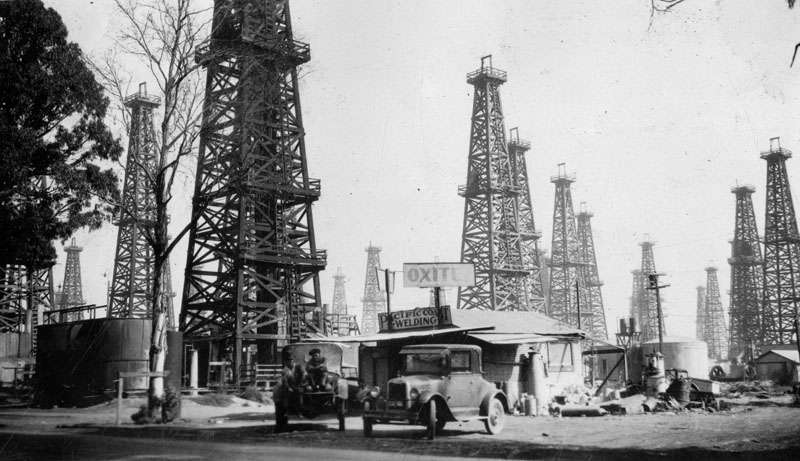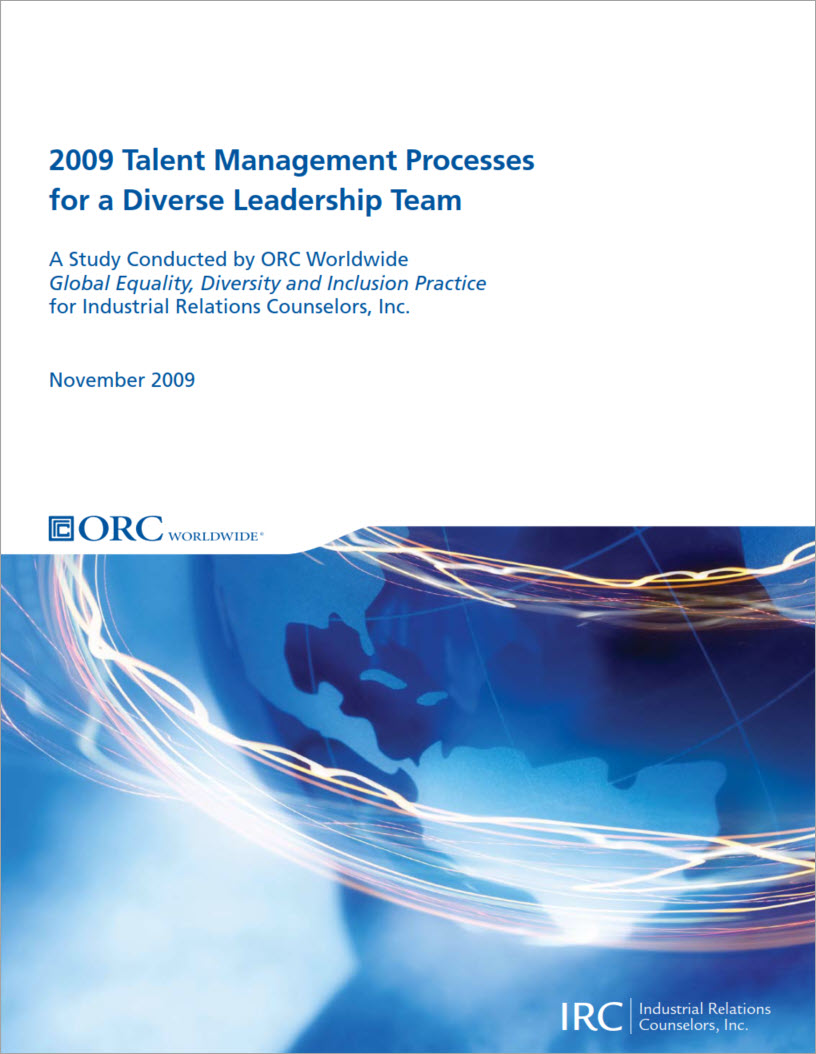A fierce, inspired beginning.
A fifteen-month coal miners’ strike in southern Colorado during 1913-1914 culminated in a battle between state militia and strikers, resulting in the strikers’ tent colony being burned to the ground and the death of a dozen women and children. Commonly known as the Ludlow Massacre, the disaster led to widespread condemnation of the Rockefeller family (primary shareholder of one of the three principle companies involved in the strike), for heavy-handed, autocratic management methods and inhumane working conditions.

John D. Rockefeller, Jr. (along with a number of other titans of industry) was twice subpoenaed to testify before a presidential-appointed investigative committee, the Commission on Industrial Relations, to explain and defend his family’s handling of the strike situation and treatment of workers.
Out of this grueling experience, Rockefeller, Jr. became a life-long advocate for the cause of promoting more effective and harmonious employment relations through better methods of human resource management. One tangible result was his decision in 1922 to fund the creation of a management consulting section in the law firm of Curtis, Fosdick, and Belknap. In 1926, he transformed this consulting section into a wholly separate non-profit consulting and research organization, called Industrial Relations Counselors (IRC), Inc. IRC was among the first employment/human resource consulting and research organizations created in the United States with a founding mission to “advance the knowledge and practice of human relations in industry, commerce, education, governmental, and nongovernmental organizations.”
Elevating the practice of human relations in organizations
An examination of IRC’s first consulting report for the Ohio Oil Company (in 1926) reveals many themes that remain current today. These include:
- The importance of human resources (the workforce) to organizational effectiveness and competitive advantage
- The need to position the HR function to have clout comparable to that of other business functions
- The difficulty and importance of managing change and the need to balance technical and social/psychological factors
- Adoption of a “stakeholder” view of the employment relationship; that is, effective management acknowledges the interests of employees, suppliers, the community, shareholders, etc.
- Recognition that there is no one-size-fits-all approach to managing the employment relationship; different approaches are appropriate for different organizations at different times and entail continuous learning and adjustment

From its earliest days, IRC has maintained a consistent focus on improving employment relationships for the benefit of all stakeholders by discovering, disseminating, and promoting improved methods of employee/human resource management in organizations.
The intersection of academic research and practical insights
IRC has also from the start been involved in fostering closer research and teaching collaboration between universities and industry. Clarence Hicks, executive vice-president of industrial relations at Standard Oil of New Jersey and later chairman of the board of IRC, took the lead in promoting better employment relations and human resource management practices by securing funding from Rockefeller and others to create the first free-standing industrial relations programs (called Industrial Relations Sections) in North America.
The first IR Section was at Princeton (1922) and was followed by sections at Stanford, Queen’s (Canada), Massachusetts Institute of Technology (MIT), California Institute of Technology (CalTech), and University of Michigan. Following Hicks’ death in 1944, scholarships were established in his name at each of the universities. In 1973, an additional scholarship was established at the Darden School of Business (University of Virginia). Several of these scholarships continue to support the research of students and academics focused on topics consistent with our mission.
In 1970, IRC spun off its consulting component as a for-profit organization. That organization, which eventually came to be known as ORC Worldwide, was acquired by Mercer in 2010.
From industrial relations to human resources and beyond
Until the 1960s, the term ‘industrial relations’ was recognized by academics and practitioners as covering all dimensions of employment relationships and thus was an appropriate label for the inclusive approach pioneered by IRC. Since then, however, the IR term has taken on a narrower labor-management meaning which no longer fits IRC’s mission and purpose.
Accordingly, in 2015 the organization was renamed Innovation Resource Center for Human Resources (IRC4HR®). This change recognizes IRC4HR’s role as a source for innovation and practical insights, while signaling continuity with its near century-long commitment to working with organizations and their leaders to discover and implement “win-win” advances in workforce management.
In the spirit of Mr. Rockefeller’s original vision, IRC4HR seeks to make organizations more competitive, productive, and effective through improved people management practices, and to advance the mutually beneficial interests of organizations, workers, and society. We continue to accomplish this by sponsoring research and enabling communities of practitioners, academics, and public policy makers to identify issues and share knowledge all focused on promoting a more successful and engaging workplace.

